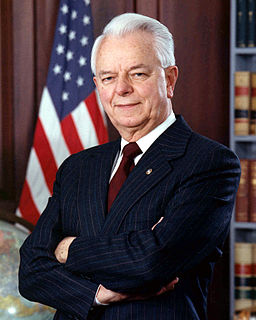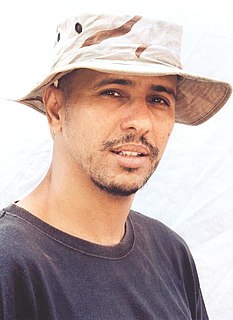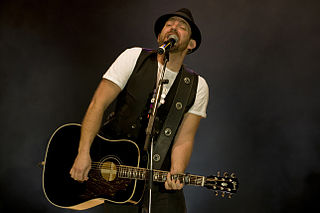A Quote by David Rockefeller
By a museum, I assume you mean an institution dedicated to the events of Sept. 11 and the aftermath. If that is done with sensitivity, I think it would be most appropriate.
Quote Topics
Related Quotes
What was interesting to me was how they actually went to 9/11 and they chose that as part of his back story that we can unravel because it's something that people have shied away from for very obvious reasons. The opportunity to deal with some of that aftermath and the sensitivity, we can use that, and it will be a really neat thing.
Outside events can change a presidential campaign, a president, and the history of the nation: the Iranian hostage crisis, the bombing of the Marine barracks in Beirut, the downing of the helicopter in Mogadishu, Somalia, the suicide attack on the USS Cole, and, of course, the terrorist attacks of Sept. 11, 2001.


































